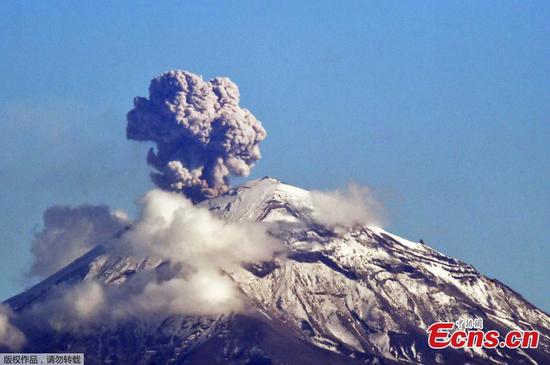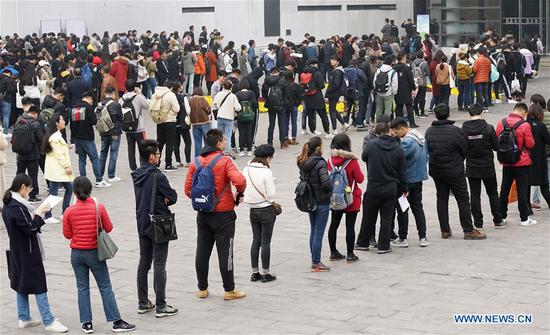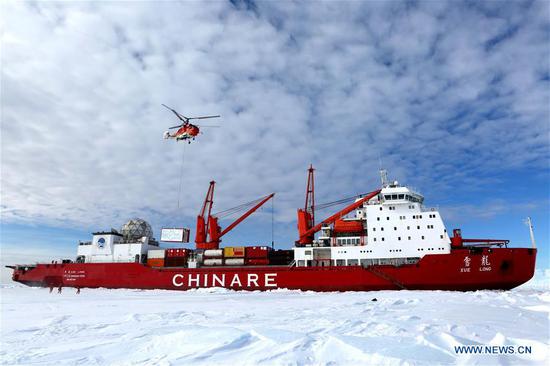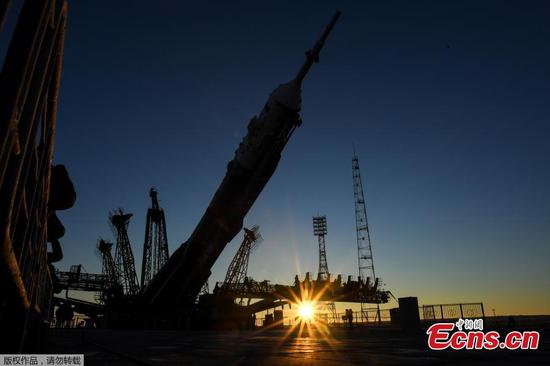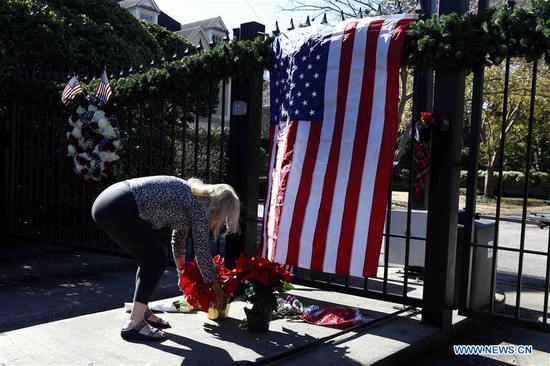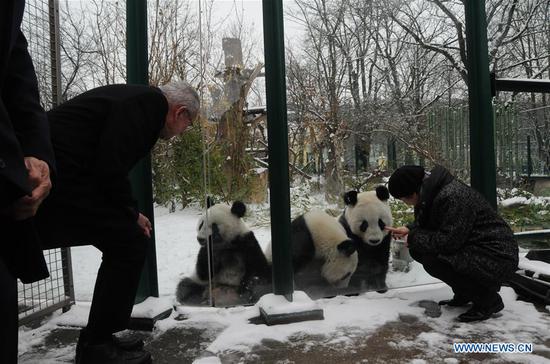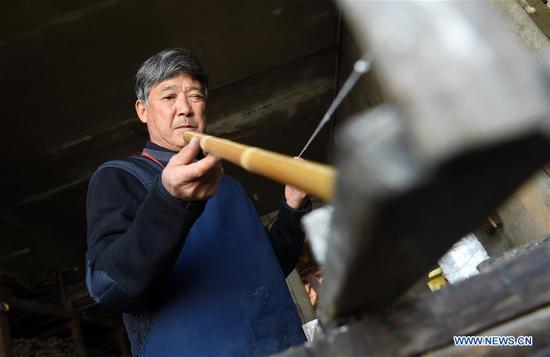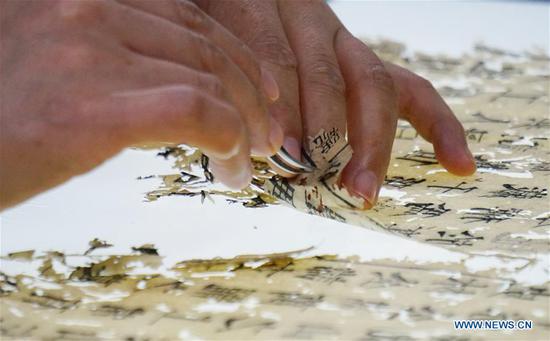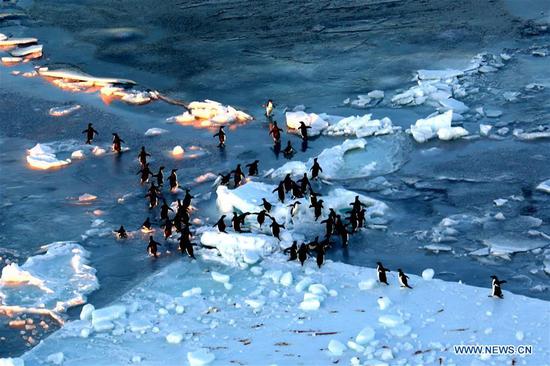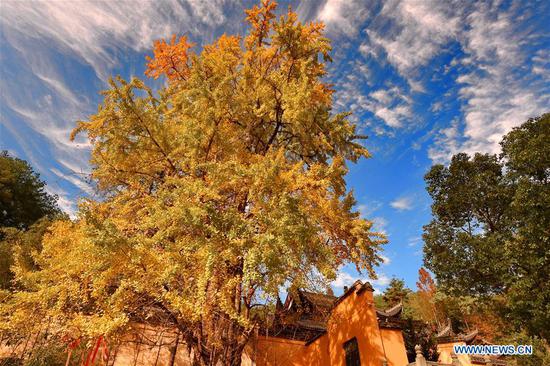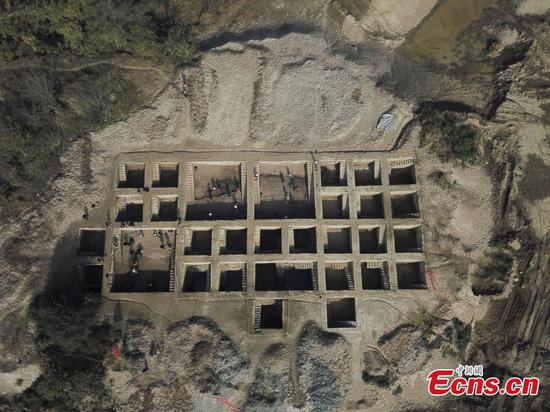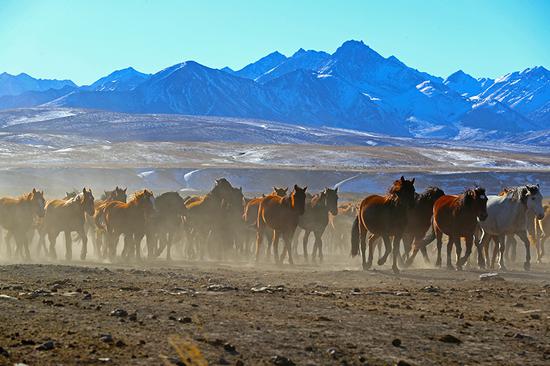Developed countries were called upon to honor their pledges of financial support for developing countries in tackling climate change at the opening of the annual UN climate change conference on Monday in Katowice, Poland.
The 24th Conference of Parties to the United Nations Framework Convention on Climate Change, or COP 24, is tasked with finalizing the detailed implementation guidelines for the landmark 2015 Paris climate change agreement.
"This meeting is the most important gathering on climate change since the Paris agreement was signed," said United Nations Secretary-General Antonio Guterres, addressing the opening ceremony.
"We are in deep trouble with climate change. ... This is already a matter of life or death," he said.
The Paris agreement was signed by almost every country in the world at the 2015 Paris conference. It took effect on Nov 4, 2016, with a target of holding the average global temperature increase to no higher than 2 C above preindustrial levels.
"We are still not doing enough nor moving fast enough to prevent irreversible and catastrophic climate disruption, nor are we doing enough to capitalize on the enormous social, economic and then environmental opportunities of climate action," Guterres said.
He also stressed a collective responsibility to assist the most vulnerable communities and countries, such as small island nations and the least-developed countries, by supporting adaptation and resilience.
"Making clear progress to mobilize the pledge of $100 billion a year will provide a much-needed positive political signal," he said.
Developed countries made a pledge at the 2009 Copenhagen conference, COP 15, for $30 billion in support in a "fast-start" fund from 2010 to 2012, and an increase in aid to $100 billion per year by 2020.
"We cannot afford to fail in Katowice. Some might say that it will be a difficult negotiation. I know it's not easy. It requires a firm political will for compromise," Guterres said.
Frank Bainimarama, prime minister of Fiji and president of COP 23, said the world must move quickly to have any hope of curbing global warming.
"The scientists have just told us the window of opportunity to act is closing very fast," he said.
He added, however, that there are other windows of opportunity to save the planet, including new technologies that enable the world to make a transition.
"There are many billions of dollars needed for the transition, and for making these technologies more accessible and more affordable around the world," Bainimarama said.
Lu Xinming, deputy director-general of climate change at China's Ministry of Ecology and Environment, said that parties should adhere to the principle of equity, find common but differentiated responsibilities and acknowledge respective capabilities in light of different national circumstances as they work out the implementation guidelines for the Paris agreement. Mapping out the detailed implementation guidelines for the Paris agreement as scheduled should be the first key task of COP 24, he said.















